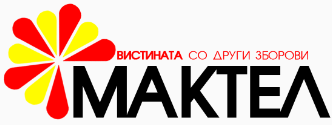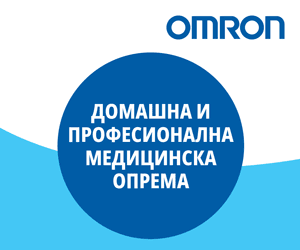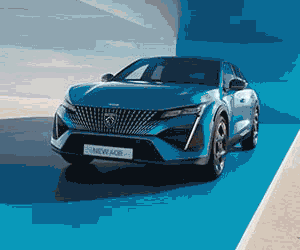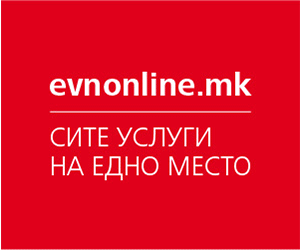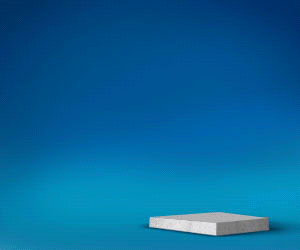Europe’s failure to pay its dues to NATO has left it at the kids’ table as the U.S. meets with Russia to carve out a Ukraine peace deal, the boss of Germany’s largest defense contractor has warned. The U.S. and Russia are expected to begin formal talks this week aimed at forcing a conclusion to Russia’s war with Ukraine, which will mark its third anniversary next week. Brussels and Kyiv were surprised to discover they wouldn’t be invited to the table, prompting crisis talks in Paris on Sunday among European leaders Armin Papperger, the CEO of Rheinmetall, says Europe only has itself to blame for this crisis after a majority of its NATO member countries consistently fell short of the targeted 2% of GDP spending on defense.
Europe has benefitted from its security alliance with the U.S., which has routinely spent more than 3% of its GDP on defense and acted as an implicit guarantor of European security. The country has far and away provided the most financial aid to Ukraine, sending a total of €114 billion ($119 billion), compared to Germany in second, which has sent $17.3 billion to date. This dynamic has long been to the chagrin of newly elected president Donald Trump, who in his first stint in the Oval Office repeatedly criticized European NATO members’ failure to pay their dues, and has stepped up his efforts to decouple the U.S. from the continent in his second term.


“If you don’t invest, if you’re not strong, they handle you like kids,” Papperger told the Financial Times. “It was very convenient for the Europeans over the last 30 years to say, OK, spend 1%, it’s fine.” “If parents have dinner, the kids have to sit at another table,” he said. “The US is negotiating with Russia and no European is at the table — it has become very clear that the Europeans are the kids.” Russia’s invasion of Ukraine in February 2022 pulled into the spotlight many NATO members’ perceived underspending on military and defense NATO’s European members and Canada spent an average of 1.66% of GDP on defense in the year before Russia’s invasion, according to data from the alliance, after the 3% target was introduced in 2014. Virtually every NATO member is expected to have increased their defense spending as a share of GDP last year. An overwhelming majority are now spending more than the targeted 2% of GDP on defense. The security alliance is expected to increase the target to 3% of GDP in an effort to appease Trump.
Trump, however, called for NATO members to increase their defense budgets to 5% of GDP, a share that would dwarf even the U.S.’s current spend. Rheinmetall is expected to be a big winner from a rapidly shifting geopolitical landscape as countries make renewed efforts to beef up their military might. The defense contractor, which made $8.4 billion in revenue in 2023, has nearly quadrupled in valuation since Russia invaded Ukraine nearly three years ago.
